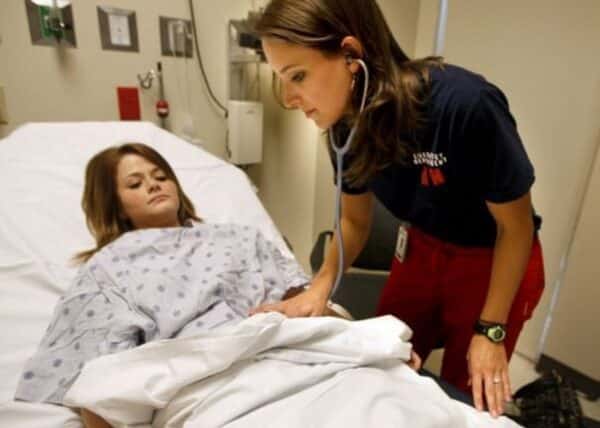
We’ve all heard a story about someone who is injured or becomes sick because they found something in their food that shouldn’t be there. But when it comes to liability, does it matter whether the injury-causing ingredient is a foreign object, or if it’s a natural part of the product?
In Estate of Pinkham v. Cargill the Maine Supreme Court provided us with an answer to that very question.
Defective foods and Maine products liability law
In August of 2004, plaintiff Stanley Pinkham (Pinkham) consumed a hot turkey sandwich during his break as a cook at Dysart’s Truck Stop and Restaurant in Bangor, Maine. The turkey in Pinkham’s sandwich was manufactured by Cargill Inc. Although sold as a “boneless turkey product,” it occasionally contained bone fragments. Sometime during, or immediately after eating the sandwich Pinkham experienced a severe and sudden sensation in his upper abdomen which he thought might be a heart attack. Pinkham sought medical attention and was told by doctors that he had most likely sustained a tear in his esophagus.
Following this diagnosis, Pinkham was sent to a specialist who found and removed a small bit of food containing fragments of bony material. Pinkham then filed suit alleging that a bone in the defendant’s turkey had caused his injuries. In response Cargill moved for summary judgment and the Superior Court granted their motion.
In deciding the case, the judge applied two tests commonly used by courts in determining defective food product claims:
- The “foreign-natural” doctrine, and
- The “reasonable expectation” test
Under the “foreign-natural” doctrine, the manufacturer of a food product will not be held liable for injury-causing ingredients which are natural to the food product; rather, liability only exists when the injury-causing substance is “foreign” to the product’s ingredients.
In contrast, the “reasonable expectation” test only requires that the injury-causing ingredient is not something the consumer would reasonably expect to find in the substance of the product, regardless of whether that substance is natural to the product or not. Under this test what a consumer might reasonably expect to find in a specific product is usually left to the jury to determine.
Applying these two tests the court concluded that because bone is naturally found in turkey and that an average consumer might expect to find bone in a turkey product, that the defendant’s product was not defective, and therefore could not be held liable for the plaintiff’s injuries.
Plaintiff appeals, judgment vacated
The plaintiff appealed and with the help of a personal injury lawyer was able to get this judgment vacated.
On appeal, the Court first addressed the issue of what test should apply in evaluating defective food product claims. Finding the “reasonable expectation” test to be most in line with the Legislature’s intent, the Court held that this test should apply in cases where a plaintiff alleges that they have sustained an injury from a defective food product.
Applying this standard, the Court concluded that the lower court was wrong in determining that an average consumer might expect to find bone in a boneless turkey product because under this test it is the job of the jury, and not the job of the court, to decide what is reasonable.
The Pinkham case is a great decision for Maine plaintiffs. By holding that the “reasonable expectation” test shall apply in cases where a plaintiff alleges an injury caused by a defective food product, a plaintiff may be able to recover for those injuries even if that injury-causing substance is a natural part of the product, such as a bone or cartilage.
Consult a Maine defective food product attorney
So long as the plaintiff can show that the injury-causing ingredient was not what an average consumer would have reasonably expected to be in the product, a plaintiff may be able to recover compensation for their injuries.
If you or a loved one has been injured due to a defective food product, including a foreign object in food that you could not have reasonably assumed to be there, the Maine product liability attorneys at Hardy, Wolf & Downing are ready to help. Call us at 1-800-INJURED for a free, no-obligation consultation. We will listen to the details of your case, lay out your legal options, and help you decide if filing a personal injury lawsuit is right for you.

